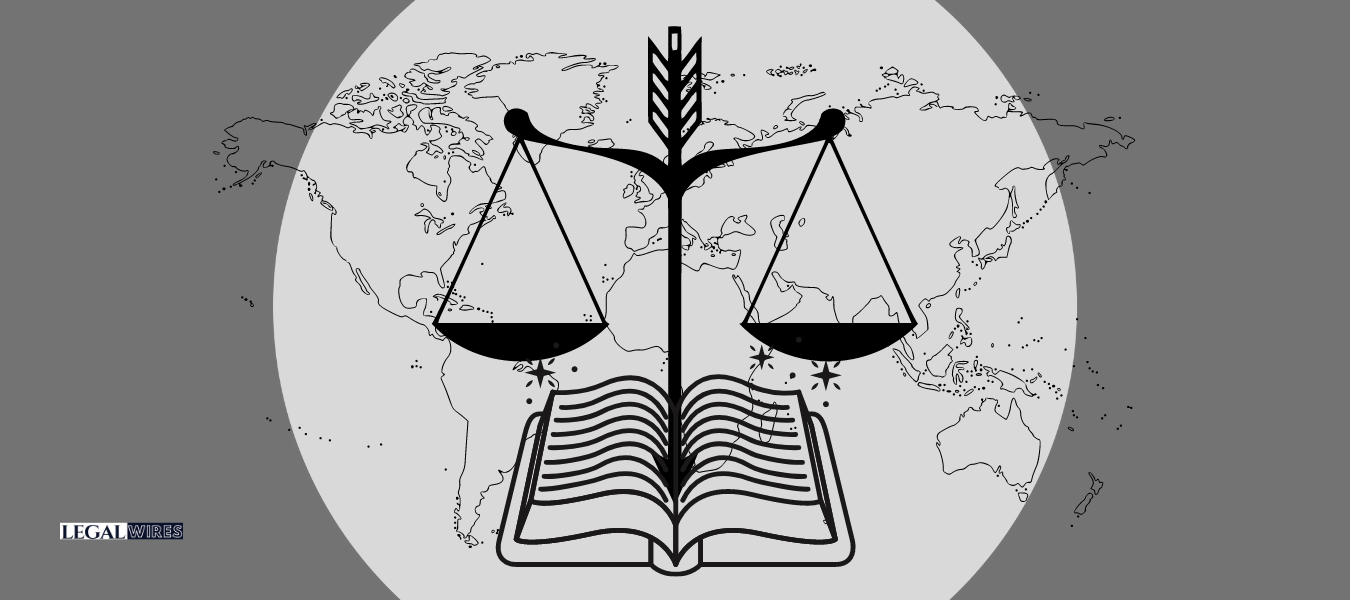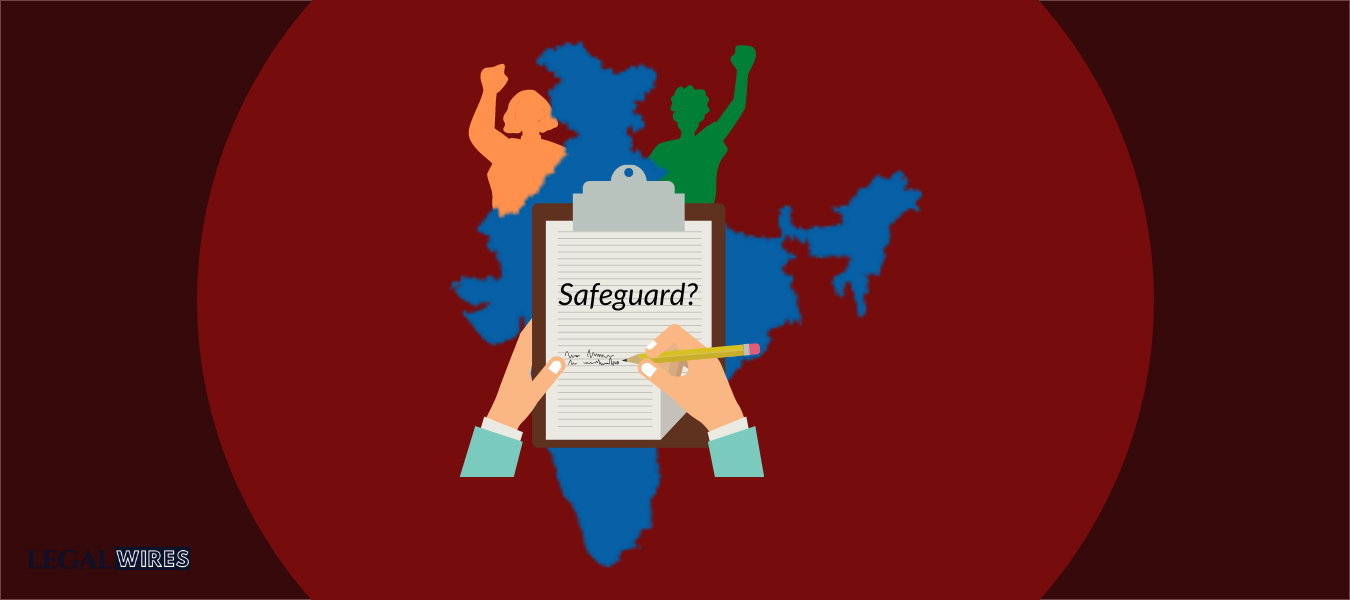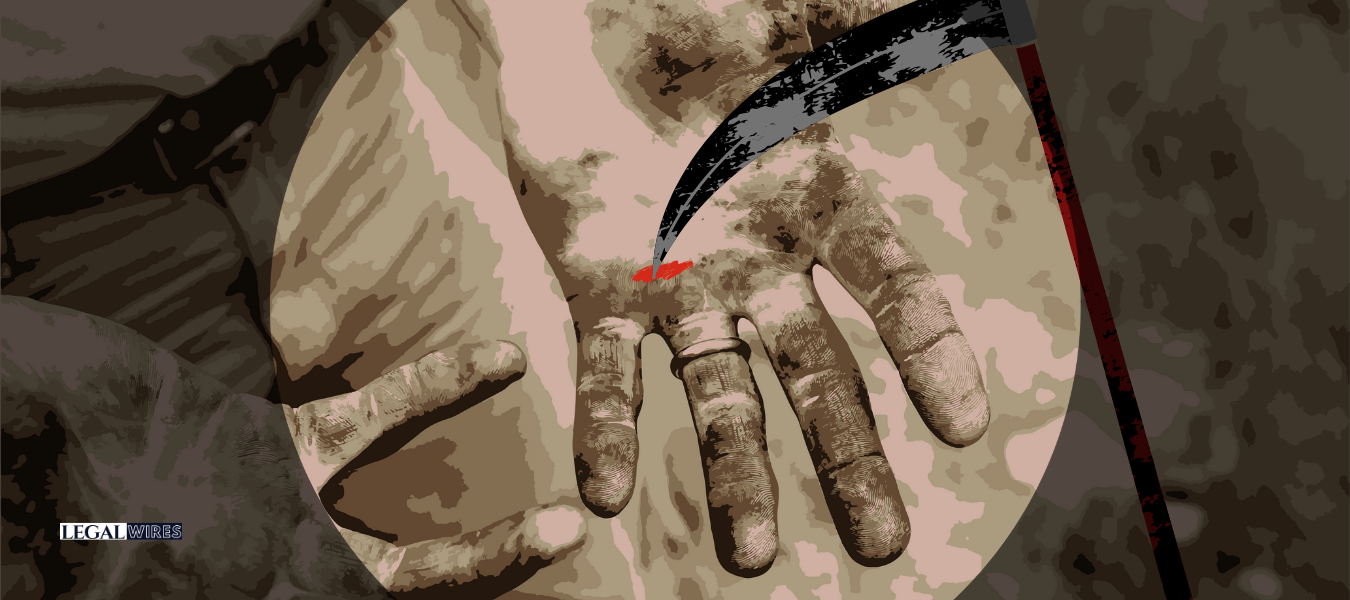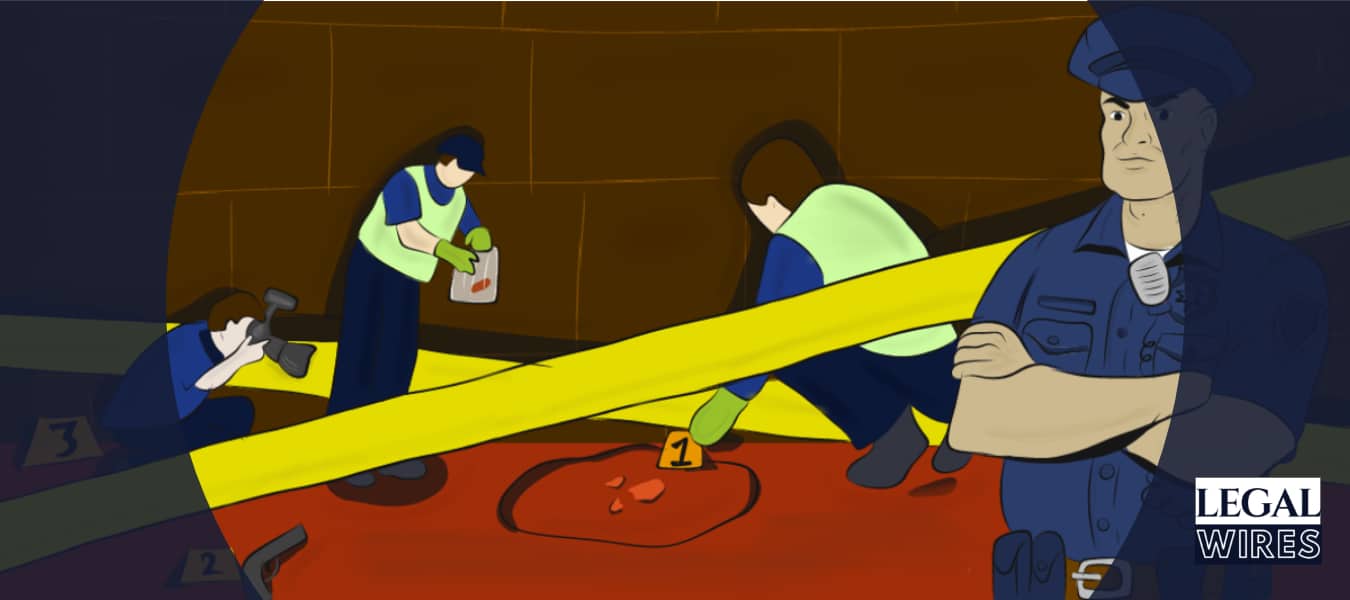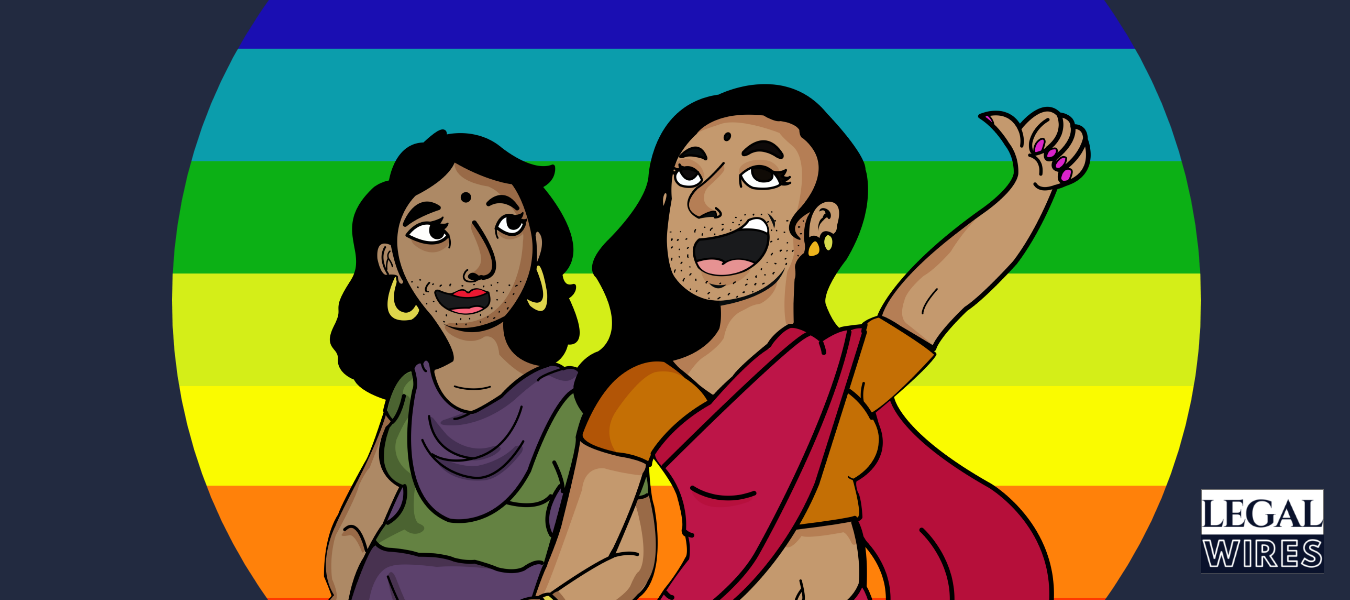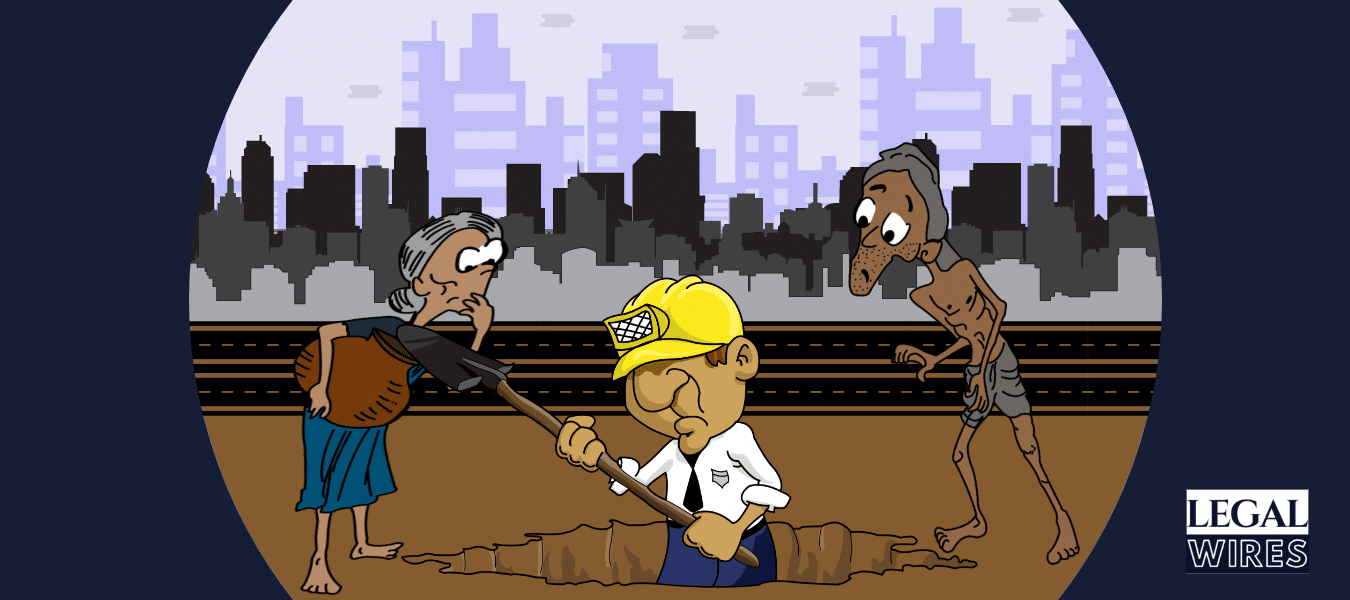Digital Divide: When discrimination becomes ‘Digital’
The digital divide is a term that refers to the gap between demographics and regions that have access to modern information and communications technology, and those that don’t or have restricted access. This technology can include radio, mobile, television, personal computers, and the internet.
 Powered by Lit Law
Powered by Lit Law
